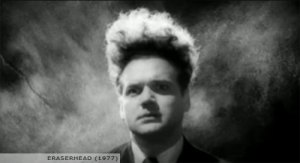
Director – Alfred Hitchcock
Writers – Daphne du Maurier (original story), Evan Hunter (screenplay)
Alfred Hitchcock, it is known, was not always very kind to the women in his life; The Birds could well be seen as a commentary on that issue.

It almost feels as if the real birds in the film are a manifestation of the state of mind of the female characters within it. The shreiking hysteria that erupts as a swarm of canaries squawk down a chimney and out of the fireplace (perhaps some kind of symbolic opening or another) is echoed by the women who squeal in fright and despair as the birds flock around them, clouding their views. This is not an outlook that I share, but it is a perception of the content of the film.
The birds slowly congregate at a children’s playground, a place also often frequented by women. The male lead, Rod Taylor, is frightened and cautious when he passes, taunted by the calls and cries of the birds. Perhaps it is a rise in feminism itself that underpins the film? The male figures do not seem to like it very much when the women speak out, but instead feel attacked and trapped by the shrill calls. To suppose that Hitchcock is criticising women because of this does not take into account that he could also be sympathetic to their cause. His female lead, Tippi Hedren, of course, was adored by him, and a they step carefully around the caustic cawing crows, they creep around the very concept of women’s liberty, but also maintaining a social order and sense of gender roles. Nature itself is responding to the imbalance that industrialisation has imposed upon it, and it is clear that if you push too hard, the opposing side will push back. Tread carefully, and don’t get your feathers in a flap.
TL-R




 Brazil is a truly haunting film that reveals some bitter truths about the modern condition (and the ending is to die for!).
Brazil is a truly haunting film that reveals some bitter truths about the modern condition (and the ending is to die for!).
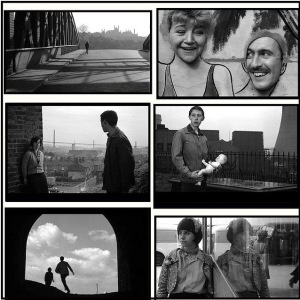

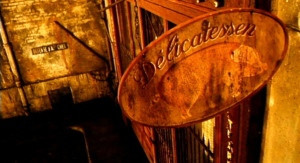

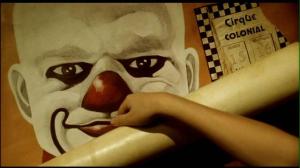
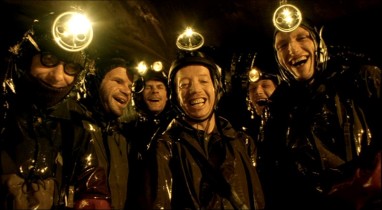
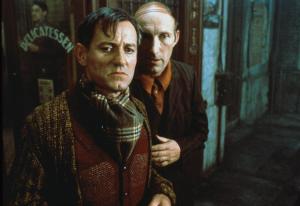
 Director – Bruce Robinson
Director – Bruce Robinson